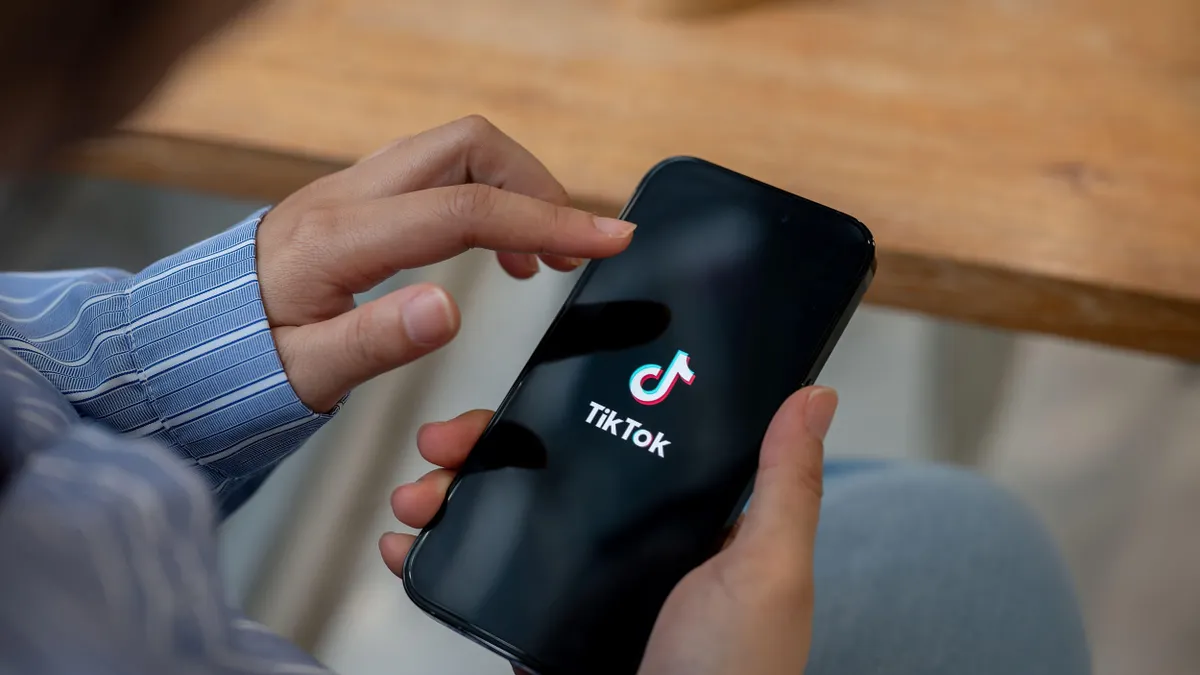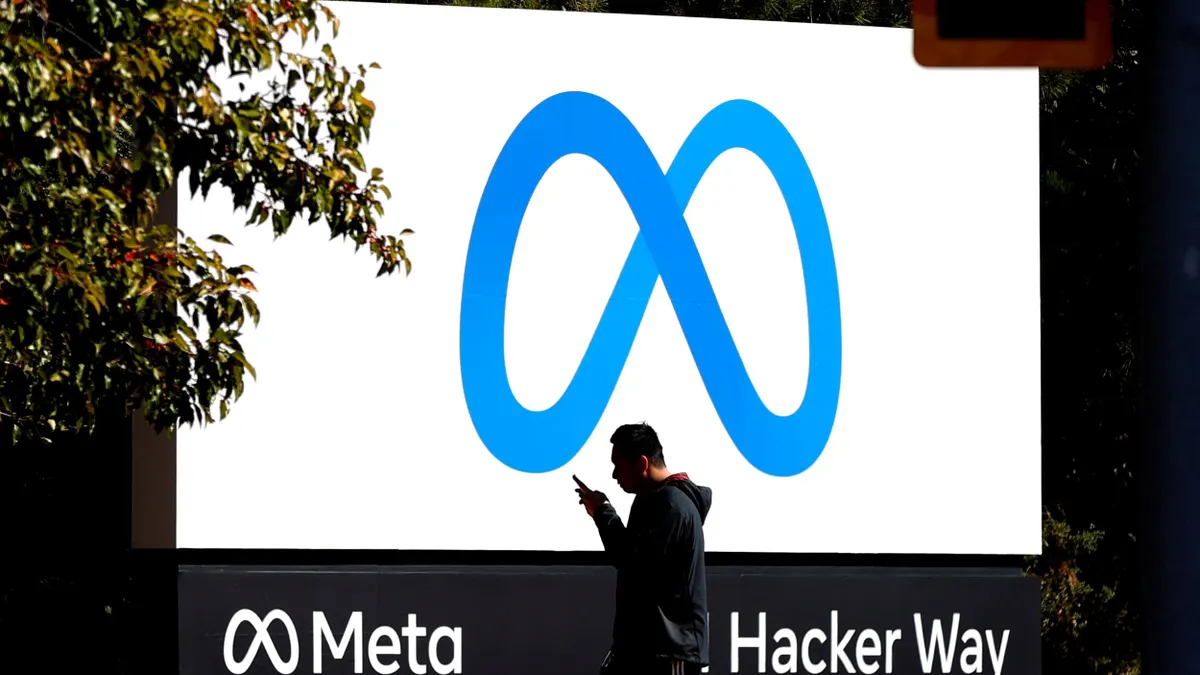As marketers increasingly look to reach people hunkered down at home, those that advertise in mobile games should be mindful of growing federal scrutiny of in-game promotions that trigger consumer complaints. The Federal Trade Commission declared its intention to probe rewards strategies used by the mobile gaming industry after reaching a proposed settlement with mobile ad platform Tapjoy in January.
In a statement about the settlement, Commissioners Rohit Chopra and Rebecca Kelly Slaughter decried "lax policing practices that led hundreds of thousands of gamers to file complaints." They also indicated the agency will need to address "deeper structural problems in this marketplace."
The sweeping statement suggests the FTC is likely to broaden its examination of advertising in the mobile gaming industry, according to Melissa Landau Steinman, a partner at law firm Venable who analyzed the Tapjoy settlement.
"They're saying they need to look at the whole industry of mobile gaming, what's structurally wrong with it," she said in an interview, pointing to Slaughter's Jan. 21 appointment as interim chairwoman of the FTC as a sign of her clout in the Biden administration. "This is the opening volley, and the mobile gaming industry should watch out."
Baiting gamers
Marketers have ramped up their spending on in-game advertising to reach mobile consumers who are spending more time with their smartphones during the pandemic. Investments on in-game ads are forecast to grow from $42.3 billion in 2019 to $56 billion worldwide by 2024, according to a June 2020 forecast by market researcher Omdia.
Amid that growth, the FTC is concerned about the potential for abuse by companies that use platforms like Tapjoy to mislead consumers. The government agency said it received complaints from consumers who responded to offers to win digital currency in exchange for completed activities like watching a video, signing up for a free trial, providing personal demographic information or taking a survey.
"The problem was that a lot of these offers were not getting fulfilled," Landau Steinman said. "Tapjoy was getting a lot of complaints about that fact and didn't do anything."
The FTC in late August 2020 accused Tapjoy of amplifying "false offers by its business partners, who baited gamers with big rewards only to cheat them when it was time to pay up." The agency claims that Tapjoy did little in response, despite hundreds of thousands of gamers filing official complaints.
"This is the opening volley, and the mobile gaming industry should watch out."

Melissa Landau Steinman
Partner, Venable LLP
Fast forward to January 2021, the FTC's proposed settlement with Tapjoy doesn't seek to remedy past harms — a task that may be hard to quantify when it comes to assessing the value of virtual rewards. Instead, the agency is requiring Tapjoy to better police its platform to prevent similar abuses in the future. This proposed settlement with Tapjoy, which was approved by all five FTC commissioners, requires the company and its advertisers to properly disclose virtual offers and monitor complaints more closely. The agency also wants Tapjoy to observe advertisers to ensure they deliver on promised rewards, and cease business with any advertiser whose behavior appears fraudulent.
Tapjoy commented on the case in a January statement, noting that it is dedicated to facilitating a "fair and clear" marketplace for consumers, advertising partners and publishers.
"We will further increase our efforts with advertisers to improve the clarity and transparency of their offers, and we will add enhancements to our offer testing and reward monitoring processes," per the statement.
Looking at loot boxes
This case isn't the first in which the FTC has scrutinized these types of reward systems. The agency in recent years has amplified probes into in-game rewards, especially loot boxes that contain virtual items to help with gameplay. Its investigations reflect the growing concern that loot boxes promote compulsive gambling in children.
Because mobile games are popular with minors, marketers that advertise on games in mobile apps or elsewhere must ensure they're complying with laws to safeguard children's privacy. The FTC has heightened enforcement of those laws, as seen with its action last summer against developer Hyperbeard. The agency accused Hyperbeard of allowing third-party ad networks to collection personal information about players, including children, which violates the Children's Online Privacy Protection Act. As part of its own settlement with the FTC, Hyperbeard agreed to pay a fine of $150,000 and delete personal information collected about kids younger than 13.
Just months later, a similar story of in-game surveillance arose with the Tapjoy complaints. In their joint statement about the proposed Tapjoy settlement, commissioners Chopra and Slaughter again bemoaned the prevalence of loot boxes and in-game surveillance as signs of "intrusive behavior advertising" that developers have adopted to generate revenue and gather useful data on players.
Broader antitrust concerns
Chopra and Slaughter framed the Tapjoy complaint within the broader context of the app marketplace that's dominated by Apple and Google. While their statement doesn't explicitly mention the word "antitrust," it does imply the technology giants wield too much control over how apps are distributed.
The most contentious issue centers on Apple and Google's fee structures for their app stores. Because the commission rates are high — 30% for paid downloads and in-app purchases — mobile game developers have been forced to monetize their apps with advertising revenue, Chopra and Slaughter argued. They want to see the mobile game industry comply with consumer protections in their advertising and rewards systems, or face the possibility of fines like Tapjoy and Hyperbeard or more damaging actions.




















